Stuttgart, die Großstadt zwischen Wald und Reben (1935)
• December 8th, 1935 • 0h 12min
Documentary
Overview
Hans Schilling, who emigrated to Chile shortly before World War 1, comes from Valparaiso to visit his old hometown of Stuttgart after an absence of almost 22 years. His brother Georg Schilling, who stayed in Stuttgart, picks him up at the train station. He proudly shows the homecomer the prospering, Swabian metropolis, followed by impressions of the city's architecture, economy and culture.
Make sure to check your pop-up blocker!!
Trailer
Similar Movies

Berlin: Symphony of a Great City
Released on: 1927-09-23
Documentary
A day in the city of Berlin, which experienced an industrial boom in the 1920s, and still provides a...
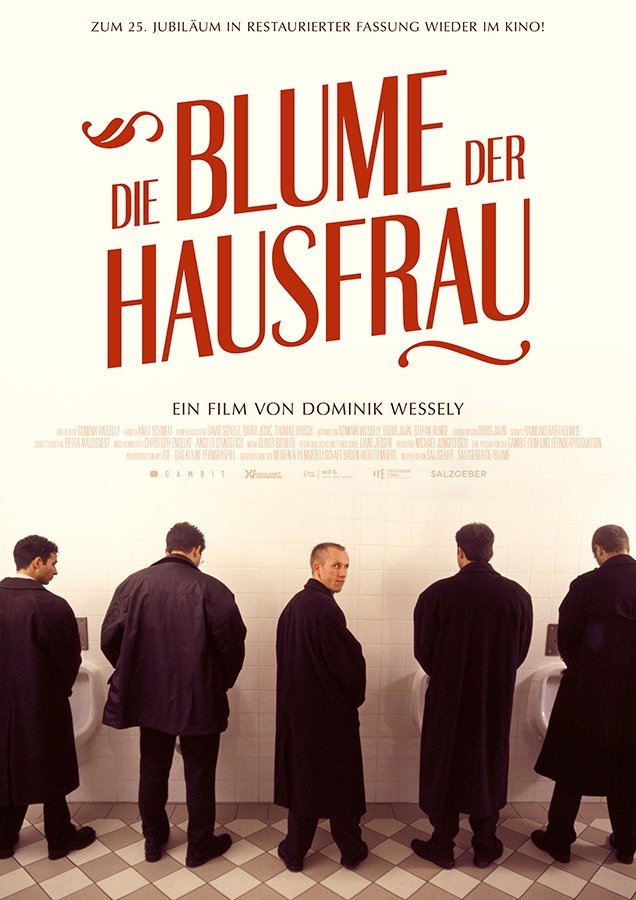
Die Blume der Hausfrau
Released on: 1999-01-01
Documentary
About a group of door-to-door salesman who try to sell vacuum cleaners from "Vorwerk", a German manu...

Smile
Released on: 2018-10-10
Documentary
A heartwarming exploration of a community art project by photographer Tawfik Elgazzar providing free...
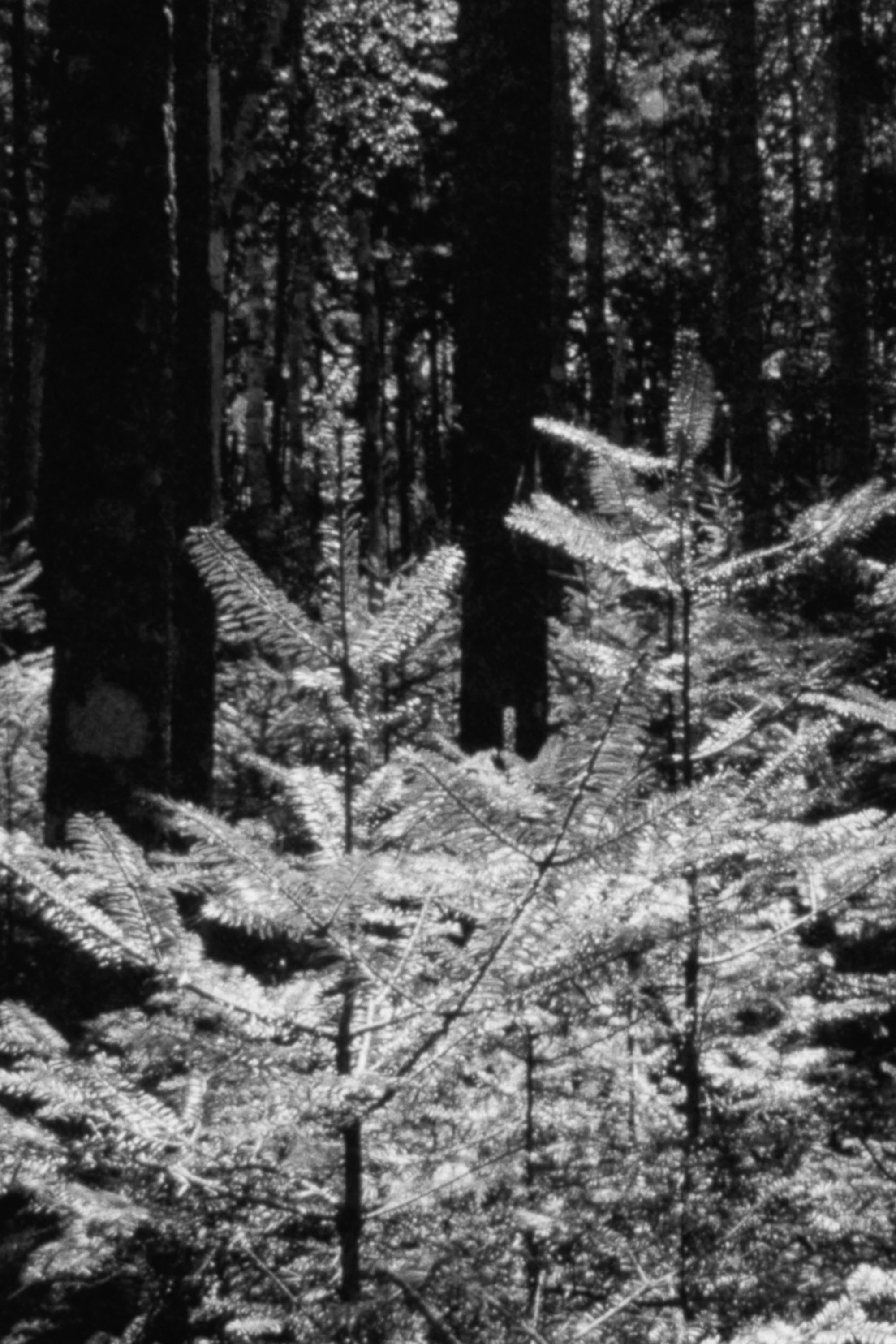
The Forest and The Sea
Released on: 2024-01-07
Documentary
A short film featuring a coastal forest and the rocky coastline of downeast Maine.
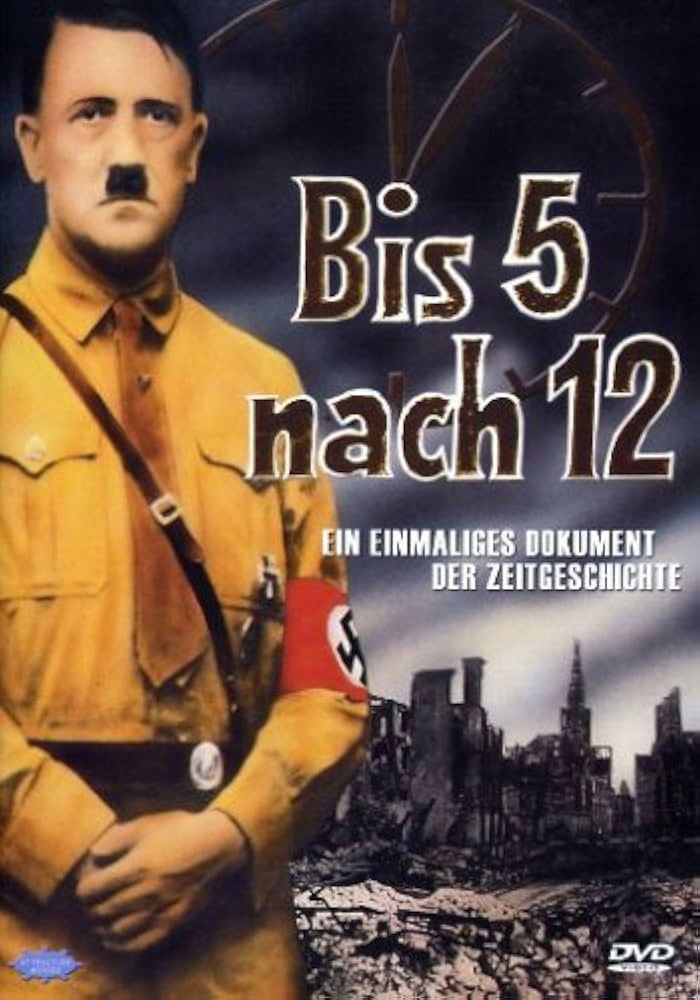
Adolf Hitler - Ein Volk, ein Reich, ein Führer: Dokumente der Zeitgeschichte
Released on: 1953-11-13
Documentary, War
The film begins with the First World War and ends in 1945. Without exception, recordings from this p...
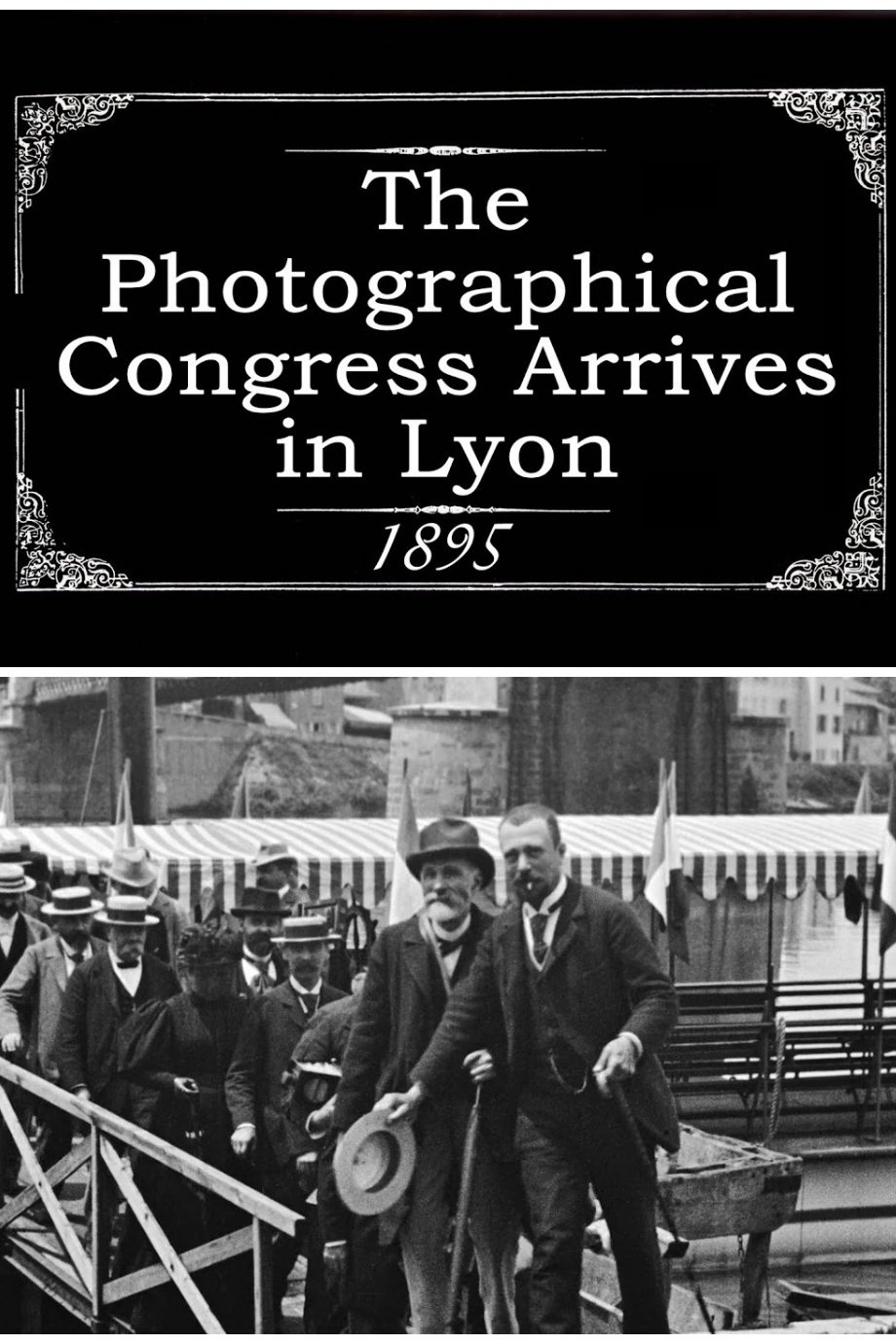
The Photographical Congress Arrives in Lyon
Released on: 1895-06-12
Documentary
Down the gangway, photographers leave the deck of a riverboat in large numbers.
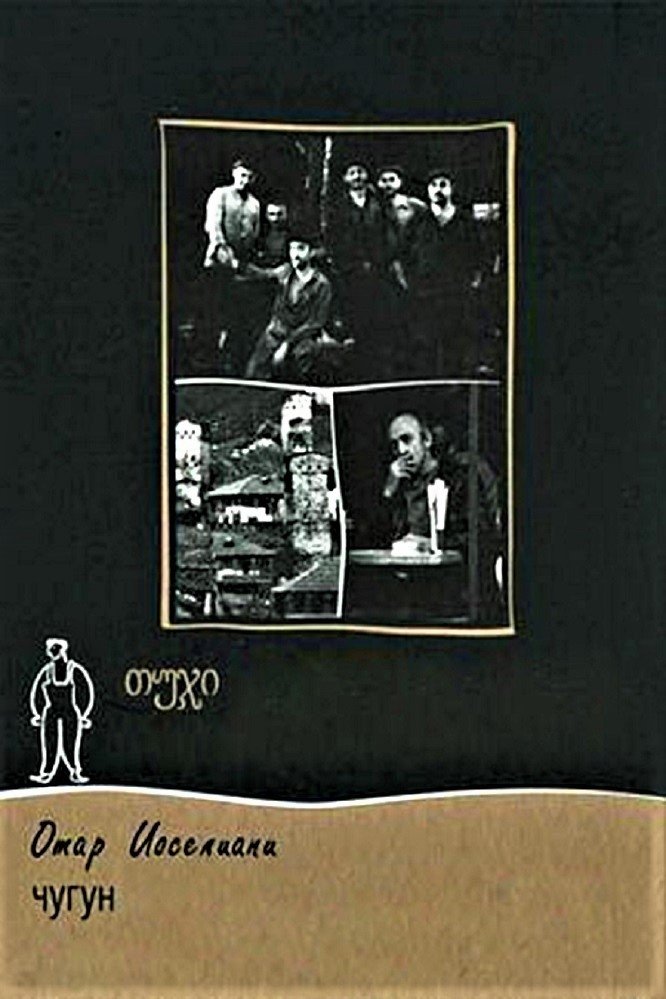
Cast Iron
Released on: 1964-01-01
Documentary
Documentary of the Rustavi Metal Works, in the country of Georgia.
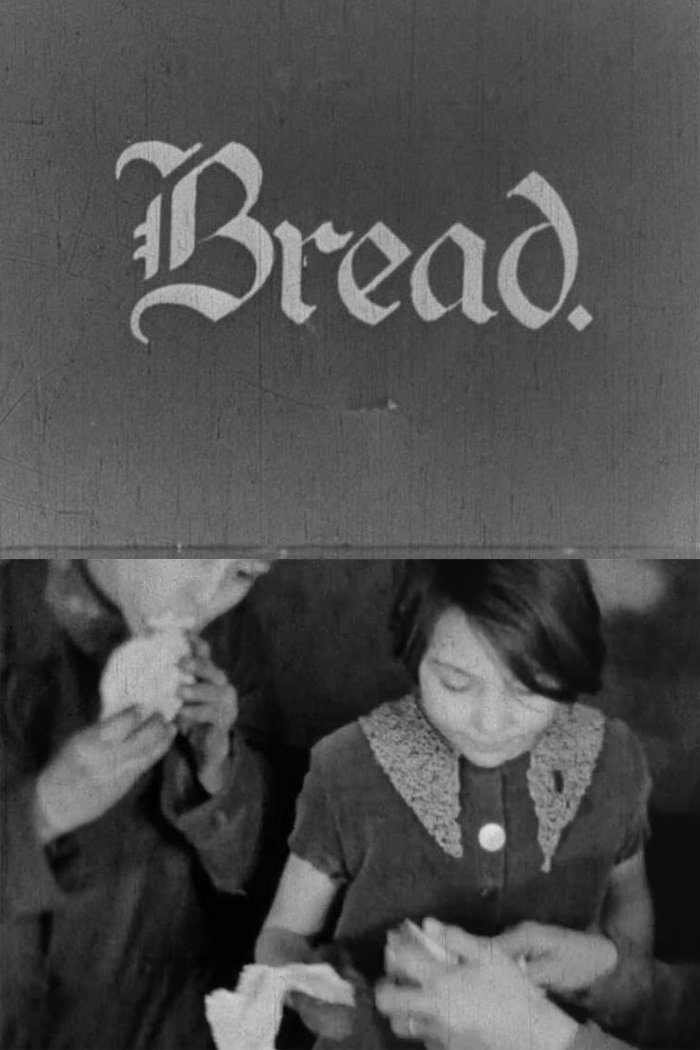
Bread
Released on: 1934-01-01
Documentary, Drama
Life on the breadline in the 1930s was hard enough, but times were desperate when you fell beneath i...
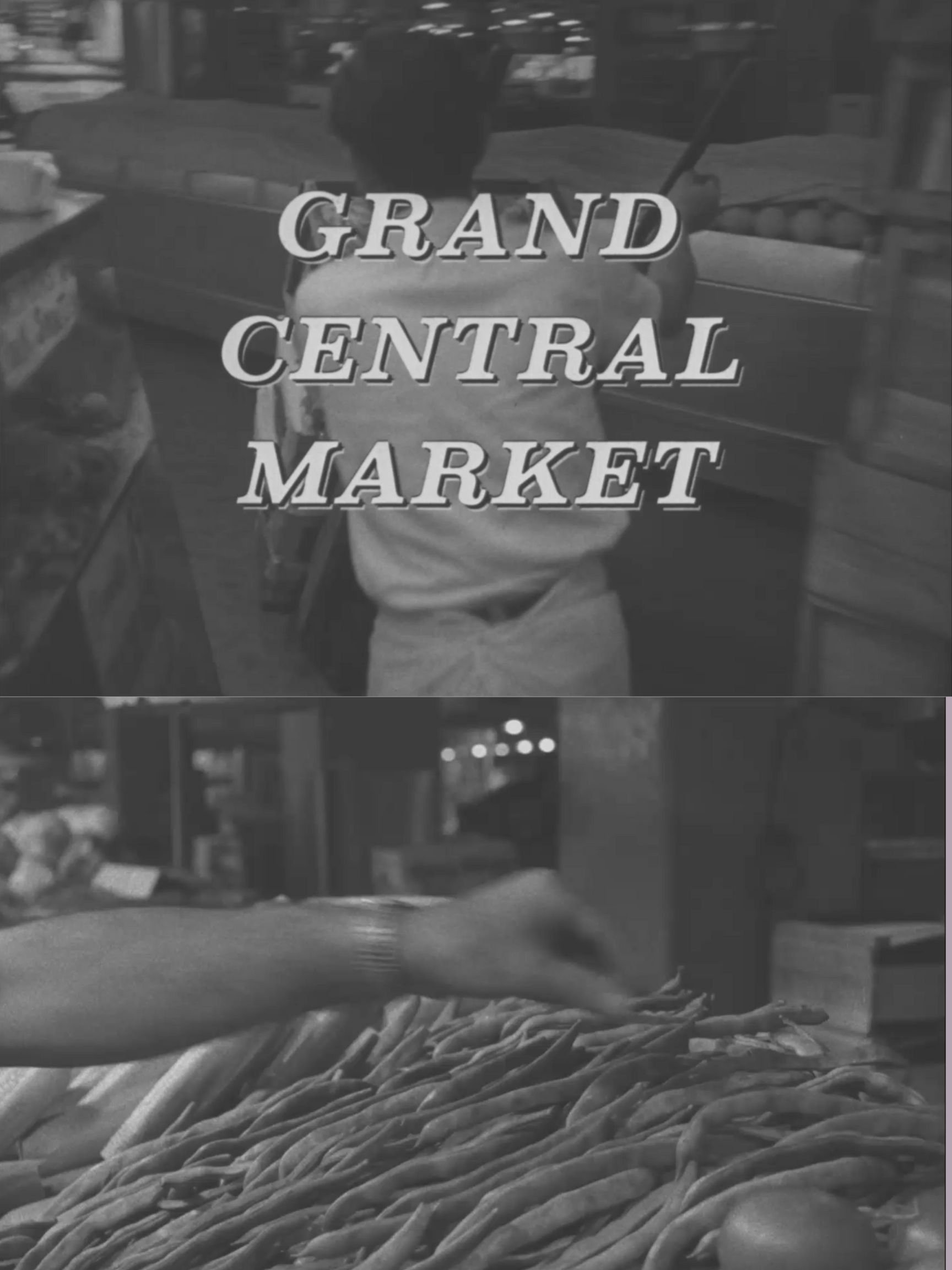
Grand Central Market
Released on: 1963-01-01
Documentary
This film portrays activity in Grand Central Market in Los Angeles, California. Highlighted are vend...
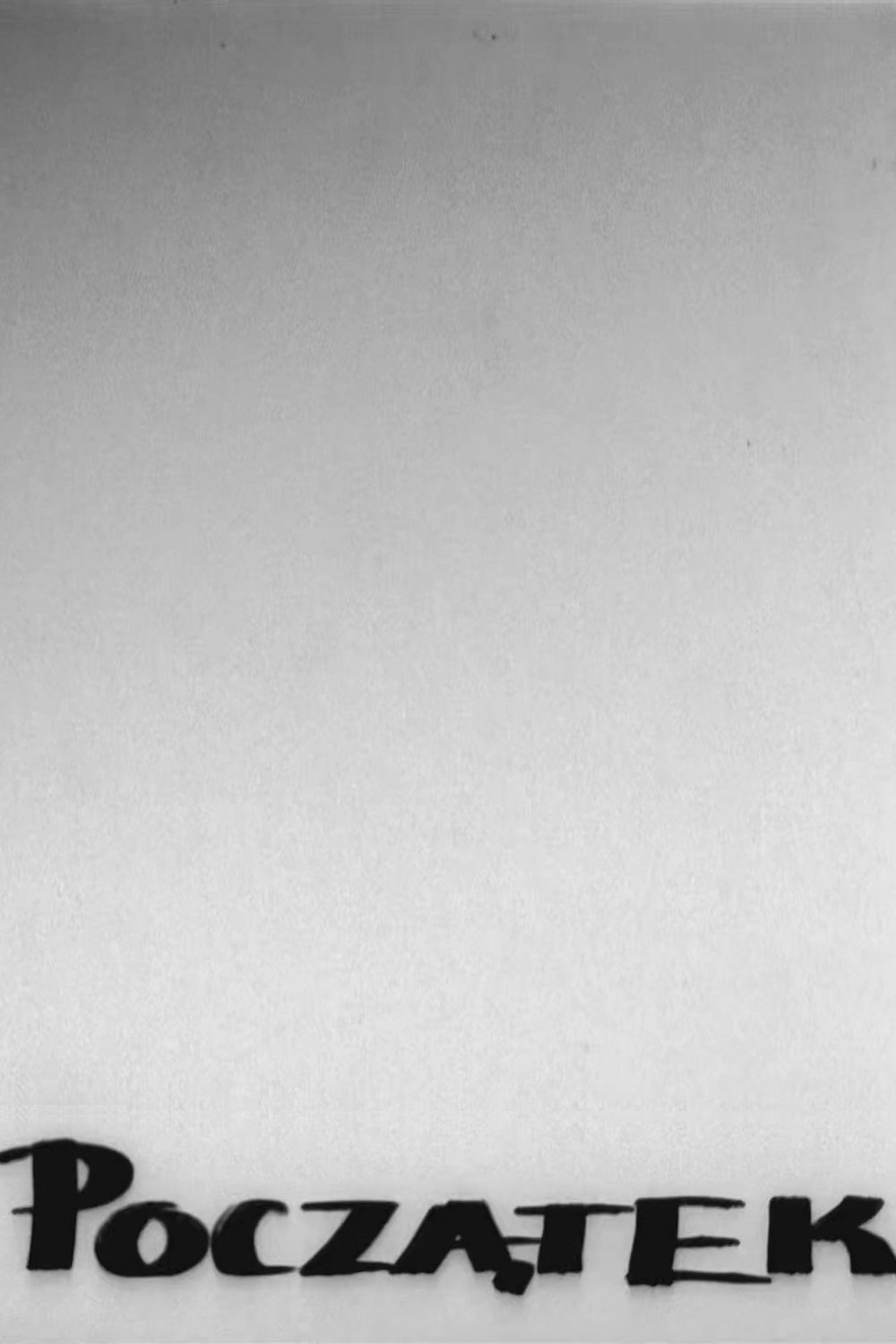
Początek
Released on: 1983-05-16
Documentary
Etude of women's work in one of the textile factories in Łódź. The protagonist of the film, after fi...
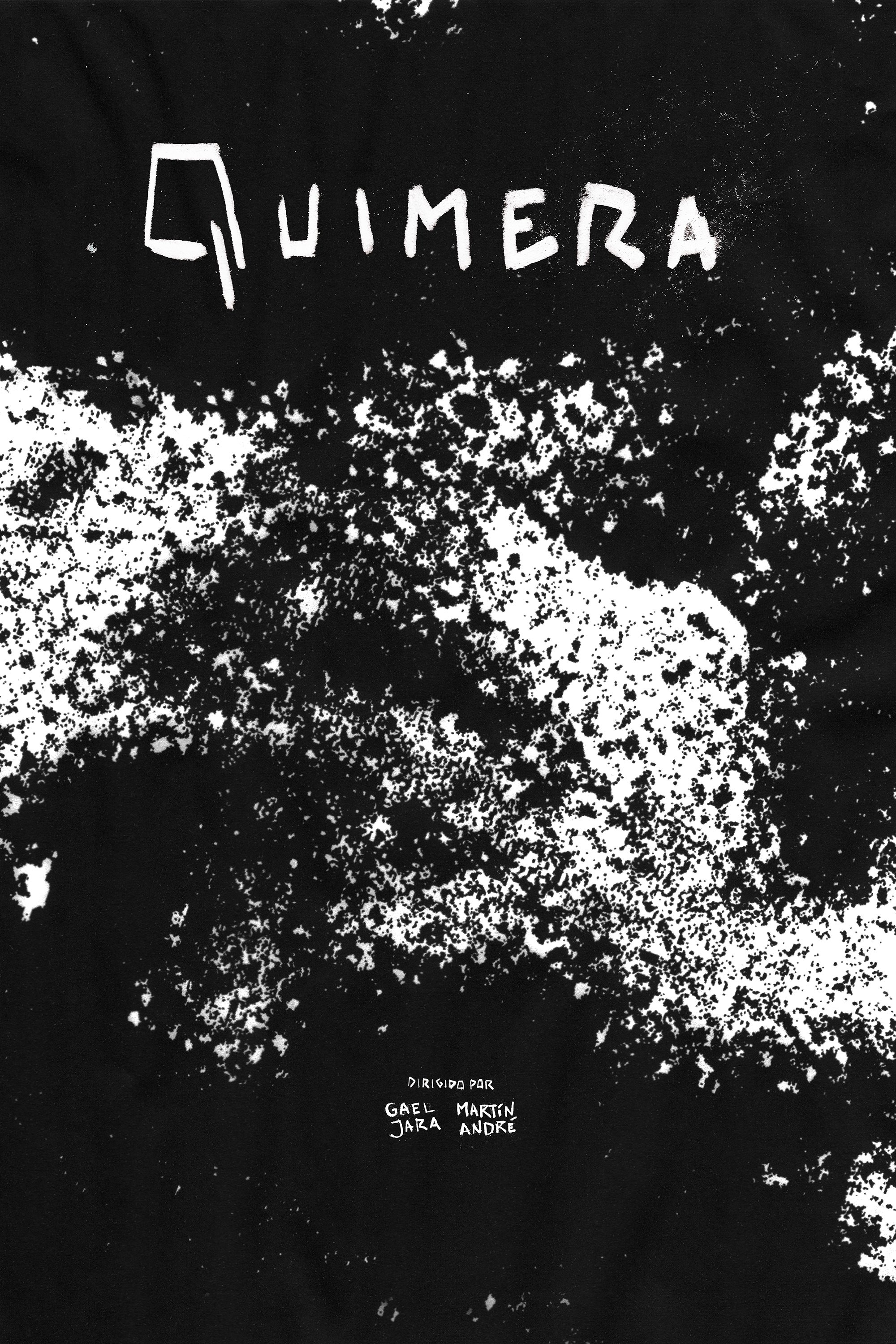
Chimera
Released on: 2024-10-02
Documentary, Animation
A non-binary folk watches the handover of the first non-binary ID in the history of Chile. As they t...
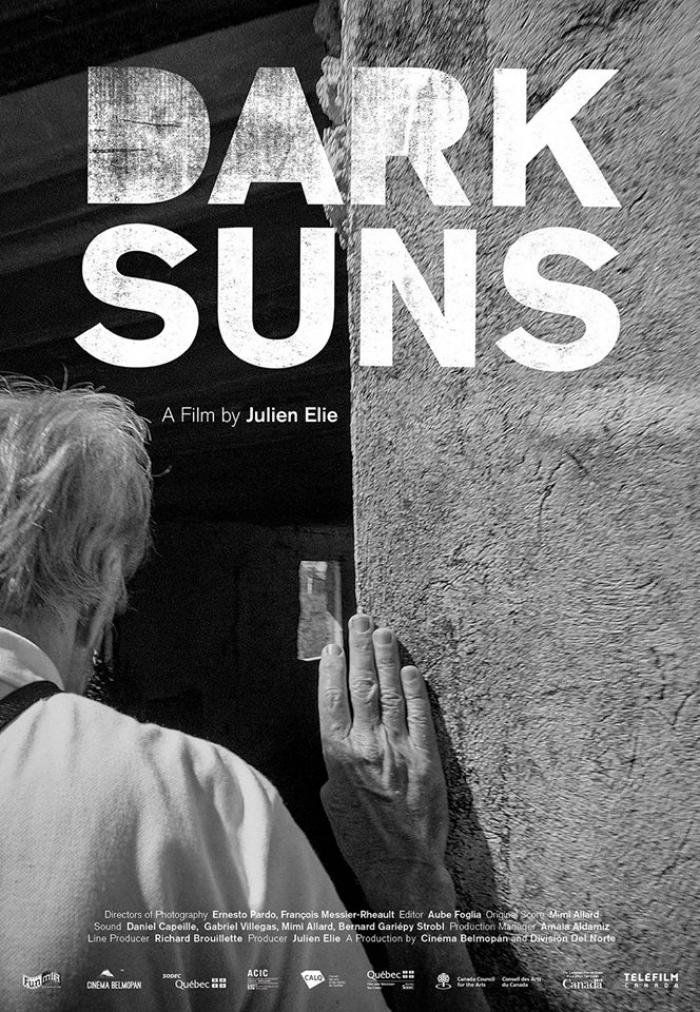
Dark Suns
Released on: 2019-09-06
Documentary
An epic investigation into countless murders in Mexico. Presented in chapters, the film unfolds meth...
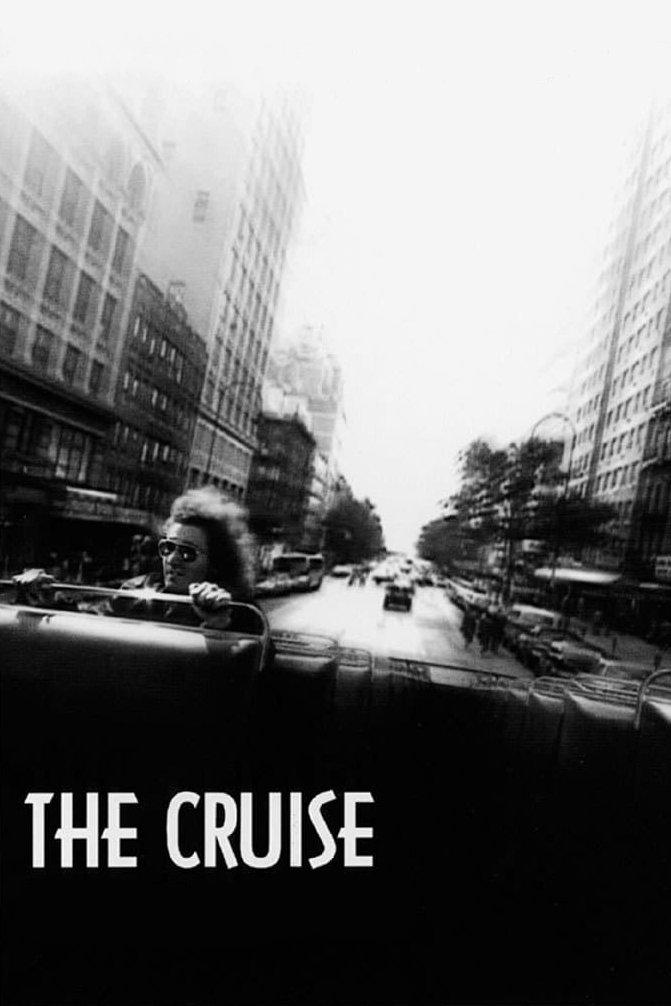
The Cruise
Released on: 1998-10-23
Documentary
Affectionate portrait of Timothy "Speed" Levitch, a tour guide for Manhattan's Gray Line double-deck...
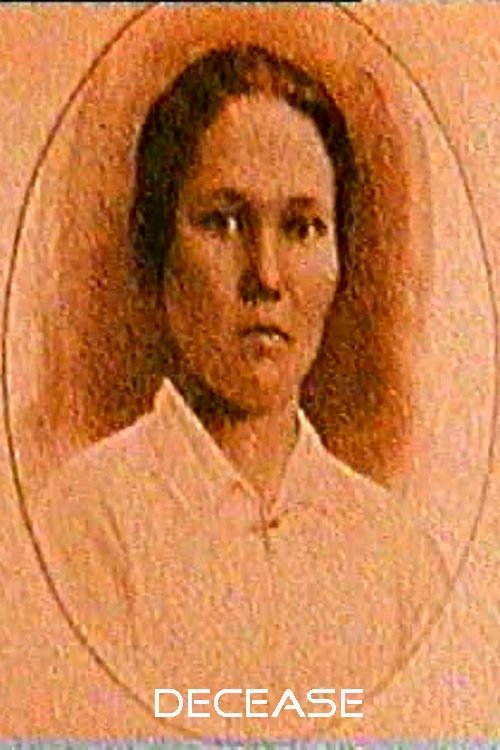
Decease
Released on: 2000-05-09
Documentary, History
Spring comes every year and brings us hope for recovery and development. But time is inexorable and ...
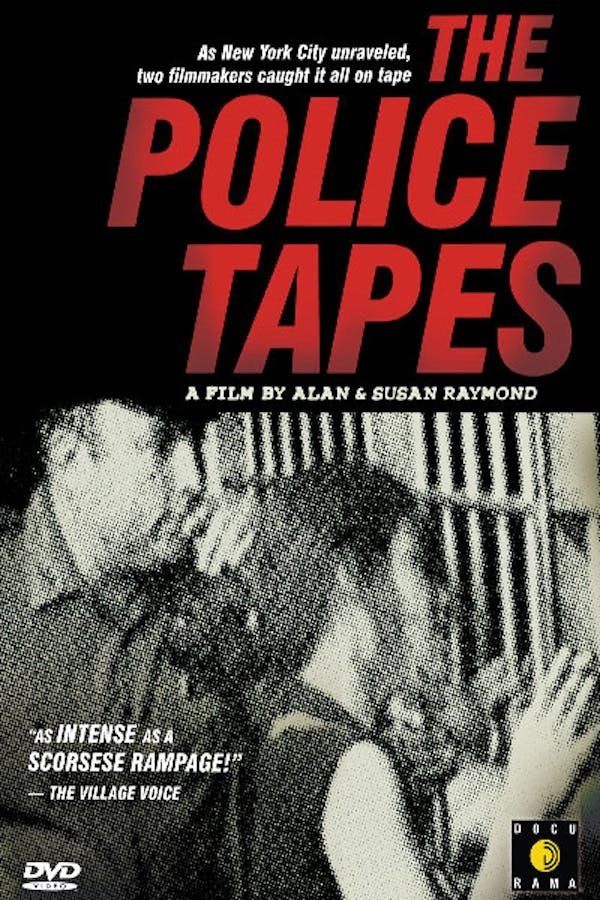
The Police Tapes
Released on: 1977-01-02
TV Movie, Crime, Documentary
Filmmakers Alan and Susan Raymond spent three months in 1976 riding along with patrol officers in th...
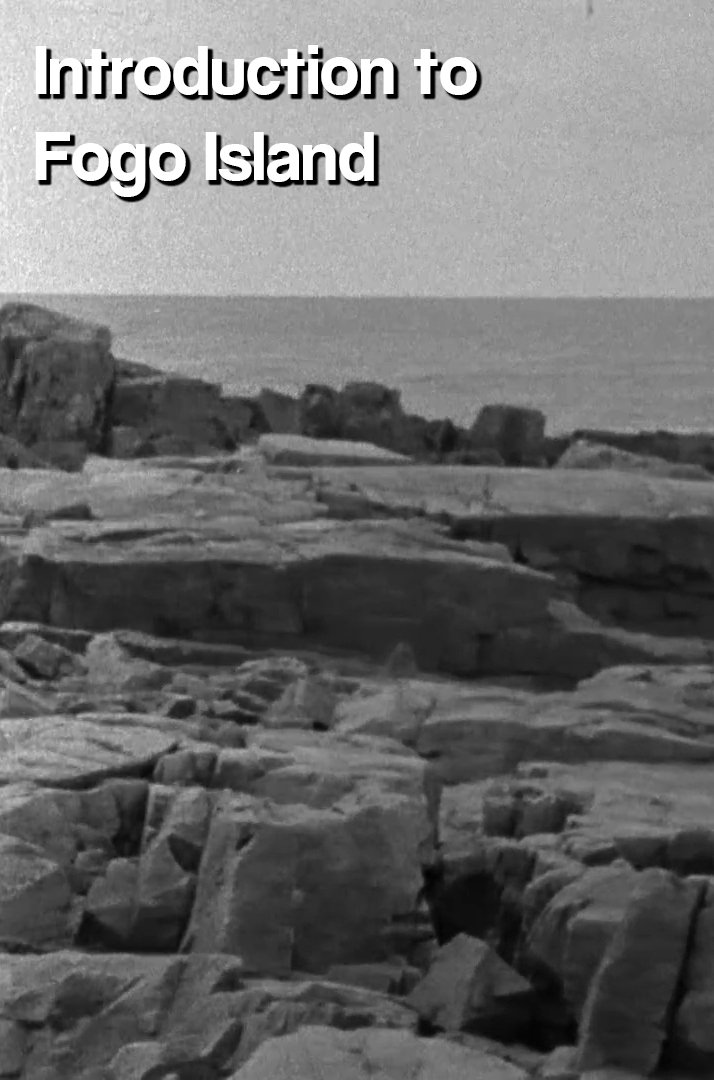
Introduction to Fogo Island
Released on: 1968-01-01
Documentary
This film introduces the Fogo Island/Newfoundland Project series which is an experiment in how film ...
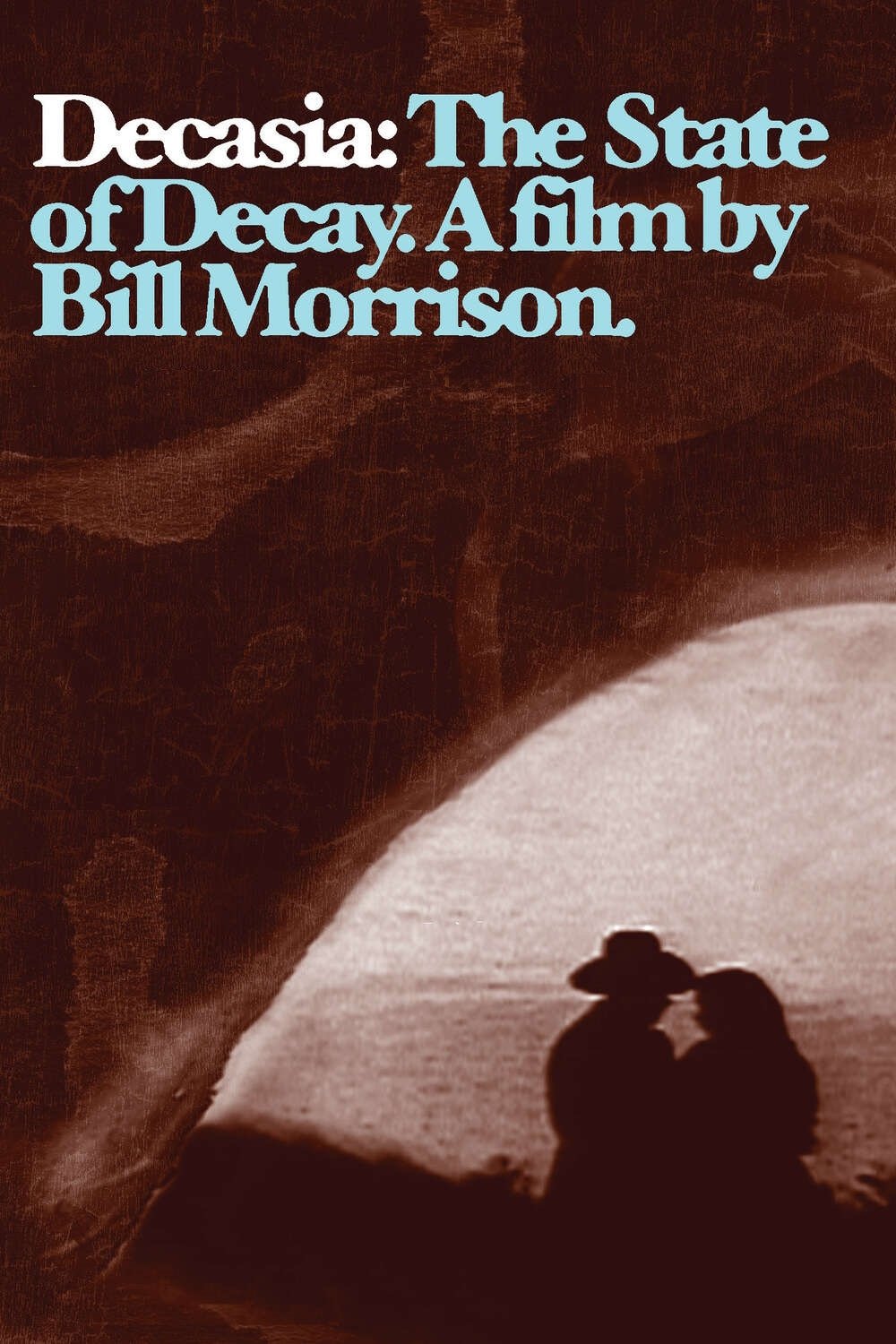
Decasia: The State of Decay
Released on: 2002-01-24
Documentary
A meditation on the human quest to transcend physicality, constructed from decaying archival footage...
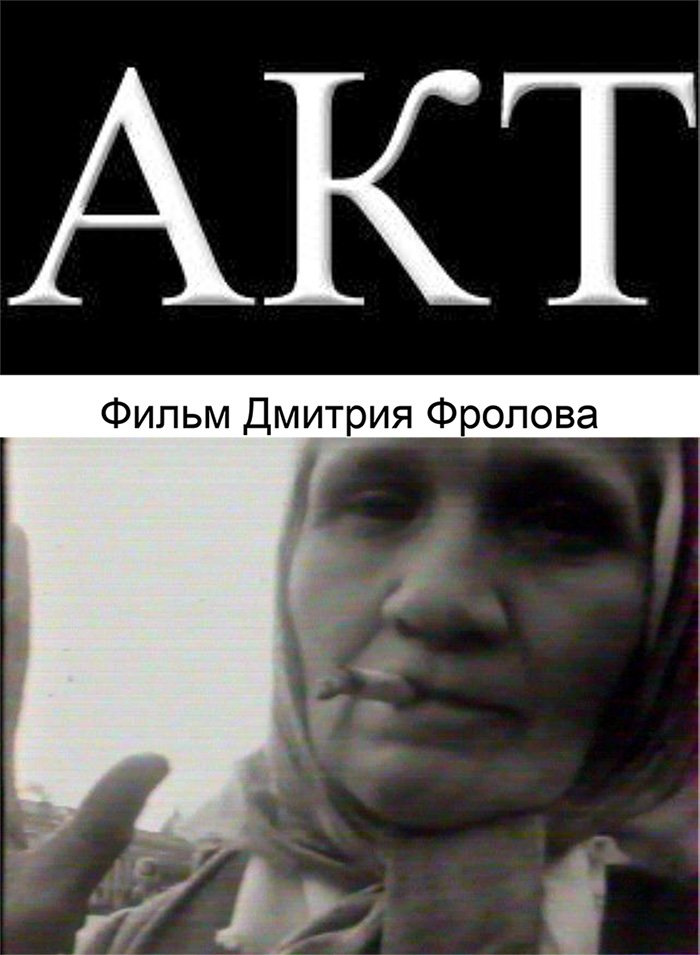
ACT
Released on: 1989-09-17
Comedy, Documentary, Music, History
Several fragments of one day in Leningrad in the autumn of 1989, refracted in the imagination of the...
